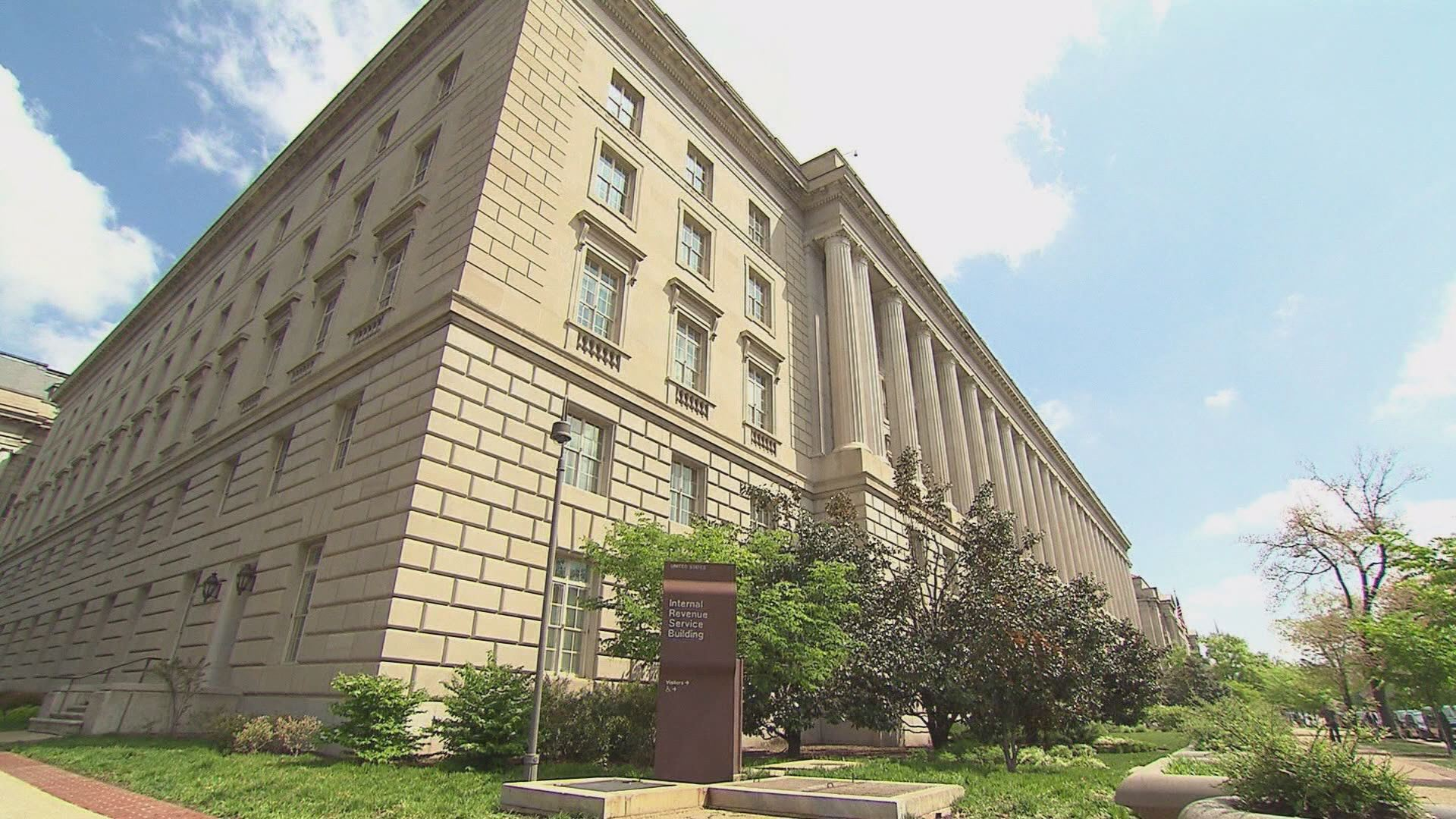![IRS [ID=4390713]](http://moc-assets-prod.gannett-cdn.com/-mm-/33d97f8a03d5ea06baca0f7a30eca34c8bd87643/r=500x281/local/-/media/WGRZ/WGRZ/2014/01/09/1389287197000-IRS.png)
WASHINGTON – Only 61 percent of the more than 100 million customer service phone calls made to the Internal Revenue Service last year were answered, the nation's Taxpayer Advocate says in her annual report released today.
In addition, the IRS has done a poorer job in recent years dealing with walk-ins at local offices and responding on a timely basis to letters, Taxpayer Advocate Nina Olson reported. She cited an 8 percent cut in IRS funding and staffing since 2010 as the cause.
As a result, the report says, "Tax preparation and filing assistance is now, for the most part, privatized. That is, for a taxpayer to comply with his or her requirement to file a tax return, the taxpayer must pay for assistance, pay for software and pay for advice.''
Across-the-board sequestration spending cuts particularly hurt the agency's ability to carry out its duties in fiscal 2013, the taxpayer advocate found.
"Because of sequestration, the IRS's funding was substantially cut, which translated into a reduction in taxpayer service,'' Olson said.
The IRS also came under attack last year for targeting tea party-affiliated nonprofits for special scrutiny in making decisions on tax exemption.
And the 16-day partial government shutdown in October forced the agency to delay processing refunds for the 2013 tax year. IRS officials will start processing returns Jan. 31 — 10 days later than originally planned.
The processing of tax returns a year ago also was delayed — until Jan. 30 — because Congress didn't finish renewing expiring Bush-era tax cuts until New Years Day of 2013. The Bush tax cuts were not renewed for families earning more than $450,000, and many deductions for households earning more than $250,000 were phased out.
Taxpayers with questions about those changes often were unable to get a response from the IRS over the 12-month period ending Sept. 30.
The unanswered phone-call rate of 39 percent is up from 13 percent 10 years earlier.
For the 61 percent of callers who did get through to the IRS, the average wait to talk to a representative was more than 17 minutes.
Only 110,000 walk-in customers received answers to tax law questions, which was 685,000 fewer than the 795,000 handled a decade earlier. And the IRS has abandoned helping elderly, disabled and low-income people prepare their returns at those sites.
About 53 percent of the 8.4 million letters from taxpayers seeking adjustments to their tax liability went unanswered for more than 45 days last year, according to Olson's report. A decade ago, it was 12 percent.
Olson said money to train IRS customer representatives also was cut, from $172 million in fiscal 2010 to $22 million in fiscal 2013, which increased the possibility that taxpayers "are more likely to receive incorrect information or no information.'' /p>
The IRS has announced it plans to stop answering tax law questions after this year's tax filing season ends.


